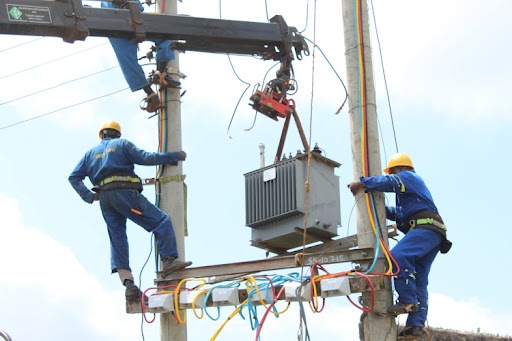The government should effect the ban on asbestos and upgrade affected houses, the environmental ombudsman has said.
John Chumo, secretary-general of the National Environmental Complaints Committee, said Kenya banned the use of asbestos in 2006 but the directive is yet to take effect.
He said asbestos is still used as insulation in thousands of homes, schools and commercial buildings across Kenya due to its versatility and resistance to heat.
He spoke to the Star on Thursday.
In 2016, Nyeri Town MP Esther Murugi and the residents of Blue Valley estate in Nyeri petitioned the state to effect the ban on asbestos countrywide.
The residents stated that they had lived in houses with asbestos roofing, a situation that had put them at the risk of an aggressive cancer called mesothelioma.
They recommended an immediate stop to the use of asbestos as a roofing material, removal of the asbestos roofs and replacement with galvanised iron sheets.
In response to the petition, Parliament ordered the Ministry of Health to assess residents who had been exposed to asbestos to determine the extent to which their health has been affected.
According to scientific and medical evidence, simply living or working in a building containing asbestos is not dangerous as long as the asbestos is in good condition. But it is when asbestos is worked with or disturbed and asbestos fibers are released that the risk of developing an asbestos-related disease is increased.
Chumo said at least 55 countries have banned the use and importation of asbestos including Mozambique and South Africa.
He added that disposal of asbestos is also a big challenge in the country, and that state agencies should ensure that asbestos is disposed off in accordance with the Environmental Management and Coordination (Waste Management) Regulation, 2006 and other laws on hazardous waste.
The ombudsman said they have received several complaints on improper disposal of asbestos waste in various counties.
“Most counties in Kenya don’t have the capacity and financial capability to handle the replacement of asbestos. Replacement of asbestos needs to be treated with utmost urgency and counties need to factor cost in the budgets,” he said.
Chumo said there is a need to carry out extensive public awareness covering the general public and employees of asbestos extraction and processing facilities.
“This will ensure the maximum possible reduction of asbestos-induced morbidity in the region and with the goal to eliminate asbestos production and use in the country. Technical protective appliances and appropriate work practices should be adopted to prevent the release of asbestos dust into the air of workplaces,” he said.
Edited by Henry Makori










